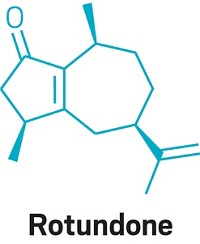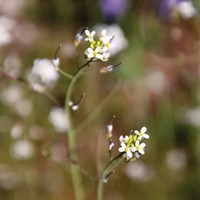Advertisement
Grab your lab coat. Let's get started
Welcome!
Welcome!
Create an account below to get 6 C&EN articles per month, receive newsletters and more - all free.
It seems this is your first time logging in online. Please enter the following information to continue.
As an ACS member you automatically get access to this site. All we need is few more details to create your reading experience.
Not you? Sign in with a different account.
Not you? Sign in with a different account.
ERROR 1
ERROR 1
ERROR 2
ERROR 2
ERROR 2
ERROR 2
ERROR 2
Password and Confirm password must match.
If you have an ACS member number, please enter it here so we can link this account to your membership. (optional)
ERROR 2
ACS values your privacy. By submitting your information, you are gaining access to C&EN and subscribing to our weekly newsletter. We use the information you provide to make your reading experience better, and we will never sell your data to third party members.
Biological Chemistry
Bacteria Help Create Tropical Grass' Pleasant Aroma
Microbes generate essential-oil compounds by metabolizing sesquiterpenes produced by vetiver's roots
by Sophie L. Rovner
November 10, 2008
| A version of this story appeared in
Volume 86, Issue 45
Vetiver is the only grass cultivated for the essential oil produced by its roots. It turns out that bacteria within the plant roots are responsible for producing many of the compounds that give the tropical plant's essential oil—used in perfumes and cosmetics—its earthy, woody, and slightly sweet aroma, a team of Italian scientists reports (Environ. Microbiol. 2008, 10, 2824).
Previous research had shown that vetiver raised under sterile conditions isn't able to create the complex essential oil. Pietro Alifano of the University of Salento, in Lecce; Massimo E. Maffei of the University of Turin; and colleagues found that microbes metabolize sesquiterpenes produced by the plant to create the array of compounds, including β-bourbonene and δ-cadinene, that make up the oil.
The researchers say the results show that bacteria can play a role in essential-oil biosynthesis and could conceivably be manipulated to alter the content of plant oils. Pharmaceutical, perfume, and flavor manufacturers could find this flexibility useful for producing novel compounds.





Join the conversation
Contact the reporter
Submit a Letter to the Editor for publication
Engage with us on Twitter